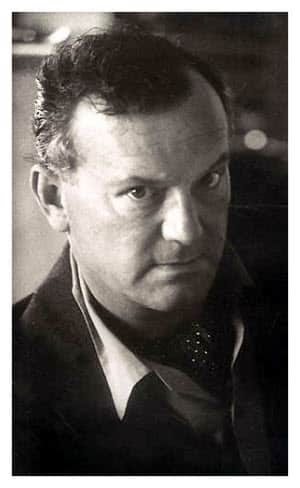In his writings, C. Wright Mills suggested that people feel a kind of entrapment in their daily lives. He explains that since they must look at their life in a narrow scope or context – one’s role as a father, employee, neighbor, etc. – one catches glimpses of various “scenes” which they are a part of. (Wadsworth, 2011)
This leads to a problem when a man is unable to relate his experiences to those of the rest of the world, in other words, when he is unable to place himself within the big picture, man feels lost.
The cure for this feeling, as suggested by Mills, is the concept of a sociological imagination. He writes,
The sociological imagination enables its possessor to understand the larger historical scene in terms of its meaning for the inner life and the external career of a variety of individuals. … By such means the personal uneasiness of individuals is focused upon explicit troubles and the indifference of publics is transformed into involvement with public issues. (Wadsworth, 2011, pg. 2)
In summary, Mills believed that the sociological imagination would relieve the tension from people’s lives as they learned that they were not alone in their troubles and that it would also cause individuals to take more action in influencing public policy.
Take for example the modern-day problem of unemployment. Without the sociological imagination, a person who lost their job in the suffering economy would feel helpless – like they were a lousy worker, like they were disposable, etc.
Afterwards, if that individual were to search for a new job, it would be extremely difficult as more and more businesses made cuts to save money, and new employment opportunities became scarcer. All of this rejection would lead to the trapped feeling Mills spoke of.
However, with the sociological imagination, the newly-unemployed individual would see that unemployment is a worldwide issue. He could place his own experiences in the bigger picture and might be more inclined to battle against the issue.
This goes along with the belief that every person contributes – even minutely – to history. (Wadsworth, 2011)
Mills further suggested that sociologists could use sociological imagination to examine the problems facing society from an outward perspective. Going back to unemployment, a sociologist might observe that in a country of one million people, having five hundred citizens unemployed would be less urgent of an issue than five hundred unemployed in a community of one thousand.
This insight into the social structure will be beneficial to society because it will reduce “contemporary man’s self-conscious view of himself as an outsider” (Wadsworth, 2011) and lead to more individual attention to societal problems. In order to solve our own conflicts, we are required to look beyond them. (Wadsworth, 2011)
The idea of the sociological imagination is a useful tool; it can help people feel more at home in the society they live in. Furthermore, as a person who strongly believes in political and social activism, the motivation brought forth from the sociological imagination would be a refreshing change from the passive political attitudes seen thus far in America.
If more people were to vote or have an opinion on controversial issues such as unemployment, education, healthcare, contraception, campaign finance reform, and tax breaks for millionaires, the general population may achieve change and be better off as opposed to the financial and political elite being in control.


